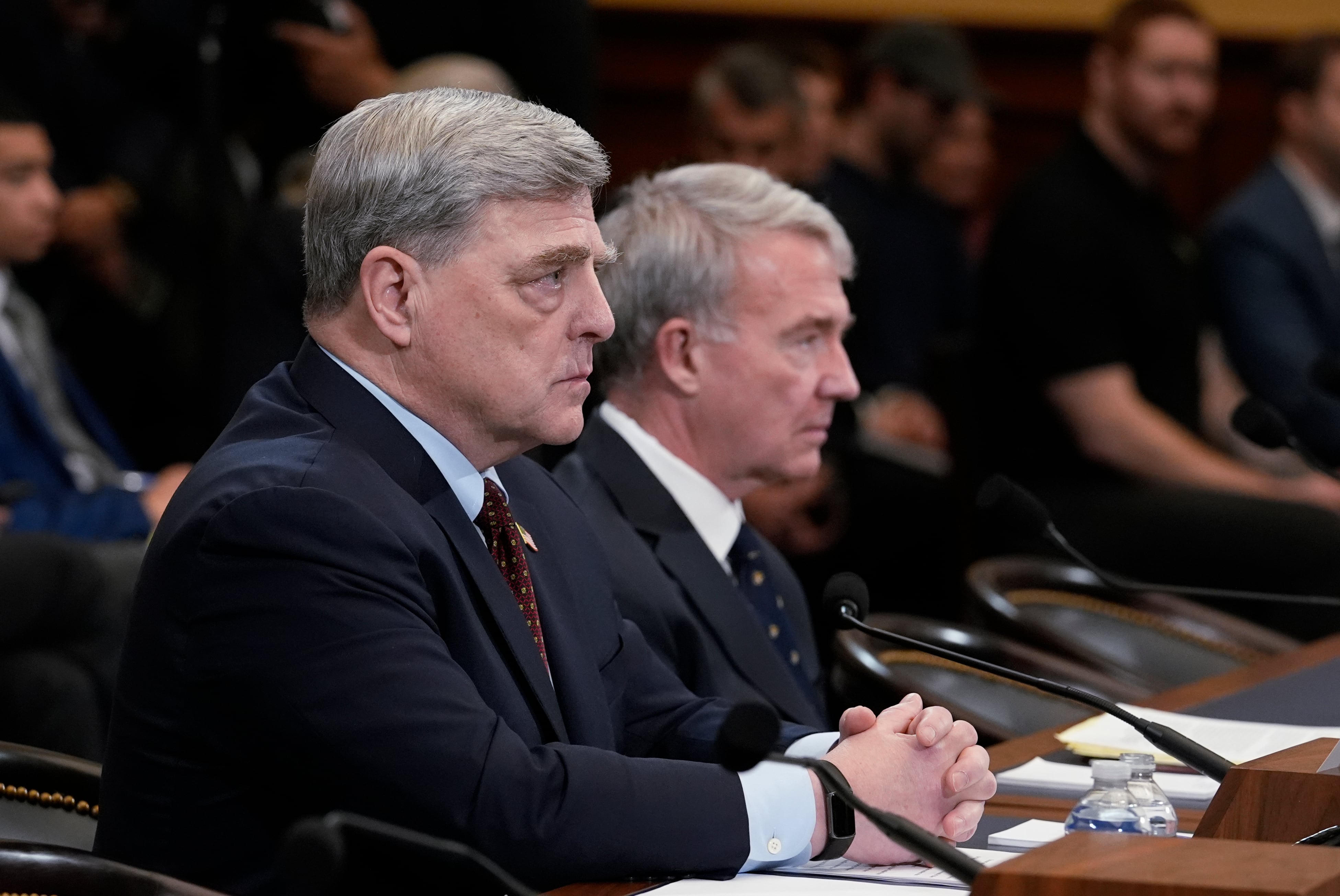The U.S. military not only trains servicemen and women to be leaders while in uniform, but also to be leaders when they transition out of uniform, back home in their communities. With the initiative, skills, and discipline to become entrepreneurs, many veterans return home and choose to start or run a business. As small business owners, veteran entrepreneurs pursue their passion to serve our country by creating jobs and boosting economic growth.
Recently, at the White House and across the country, we honored veteran small business owners with the first National Veterans Small Business Week. As part of that initiative, the Obama administration connected veterans from all over the country with workshops, resources, and training programs to establish and grow their businesses.
Small businesses are essential to our nation's economy. There are more than 28 million small businesses in the U.S., accounting for the vast majority of all U.S. firms and more than half of the country's private-sector workforce. Producing 16 times more patents per employee than large firms and generating about 60 percent of net new private sector jobs, these small businesses are driving U.S. economic growth.
Not surprisingly, veteran business owners are an integral part of America's thriving small business landscape. Possessing the qualities necessary to start and operate a successful business, returning servicemen and women are 45 percent more likely to be self-employed business owners than non-veterans. As a result, nearly one out of every 10 small businesses in America today are owned and operated by veterans. These veteran-owned businesses generate more than $1.1 trillion in receipts each year and employ nearly 6 million workers.
Veteran business owners come from all over the country, from small towns to big cities. They are men and women from the full spectrum of ethnic, cultural, and socioeconomic backgrounds, and the companies they run are as diverse as they are.
What they have in common, however, is an unwavering commitment to continue to serve their country as successful entrepreneurs, creating economic opportunities for others, including other veterans, in the process.
This past summer, as part of the White House Champions of Change program and Joining Forces — a national initiative calling all Americans to rally around service members, veterans, and their families and support them through wellness, education, and employment opportunities — the Obama administration honored 12 of those veteran and veteran spouse entrepreneurs who are doing just that.
Footage from that event recently was broadcast on ABC's "Shark Tank" — a reality show about aspiring entrepreneurs — including a special video from First Lady Michelle Obama celebrating the important role that veteran entrepreneurs play in the national economy.
In the next five years alone, more than 1 million servicemen and women will end their military careers and return to civilian life. Many will continue to serve our country by applying their innovative and unique skills to form small businesses, becoming local stewards of innovation and engines of job creation in the process.
That's why we are helping transitioning service members get employer-ready through initiatives such as the online Veterans Employment Center, which helps them navigate the labor market and enables employers to find and connect with them directly.
That's also why the Obama administration is committed to providing veterans with the services, resources, and support they need to kickstart and grow their own businesses. Last year alone, the Small Business Administration guaranteed $1.1 billion in loans to more than 2,400 veteran-owned small businesses.
This year, the SBA is building on the early success of Boots to Business, an entrepreneurial training program that has already equipped 10,000 transitioning service members with the tools and knowledge they need to identify a business opportunity and draft a business plan.
And the administration has been committed to giving more veteran-owned firms a shot at a government contract; as a result, the share of federal contracts going to veteran-owned businesses has steadily grown since 2009.
These initiatives are building on the entrepreneurial spirit that is so crucial to developing the ideas and businesses that fuel our economy. Supporting veteran entrepreneurs is not just the right thing to do for our vets — it's the right thing to do for our country.
Jeffrey Zients is director of the National Economic Council and Assistant to the President for Economic Policy.





